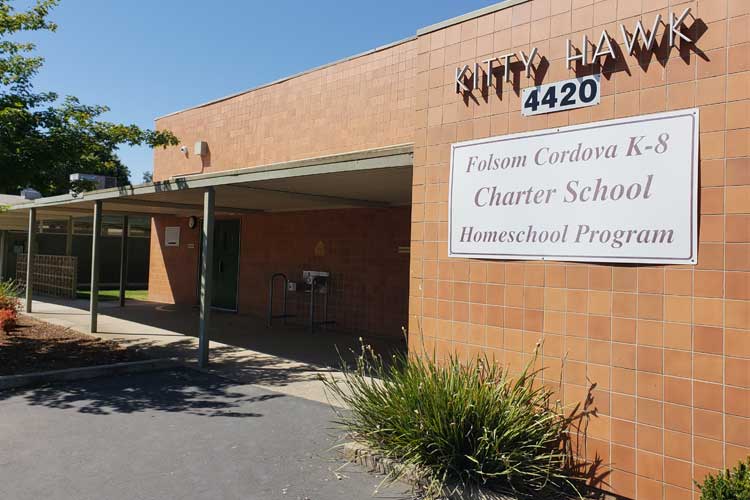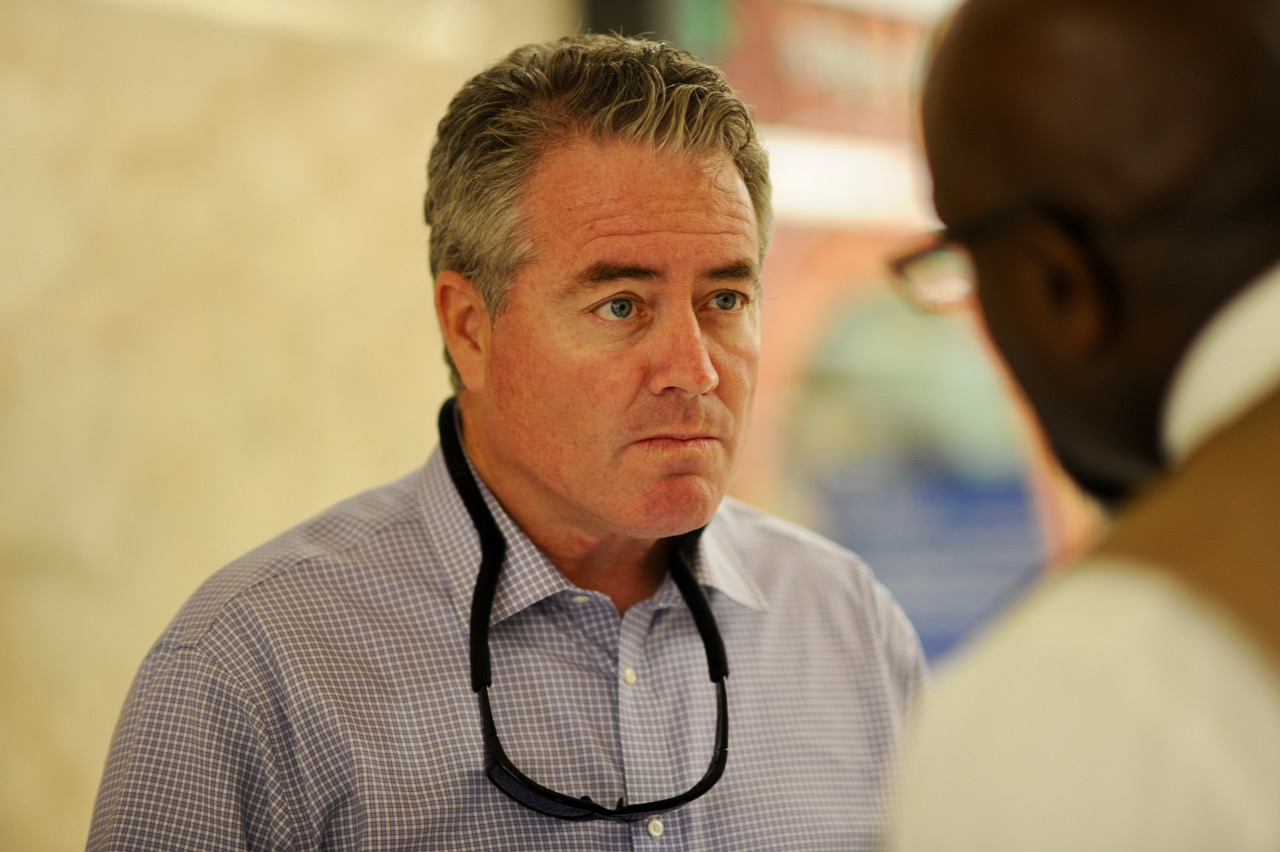
Rushed Charter School Transparency Bill Reduces Ability for Public Scrutiny
Governor wants higher level of ‘transparency’ for Charter Schools, than for failing public schools
By Katy Grimes, February 22, 2019 10:47 am
California Charter schools are under intense scrutiny once again while California’s public education system continues its downward slide, ranked 42nd worst in the country by Education Week.
California Governor Gavin Newsom, who was strongly supported by the California Teachers Association during his campaign, has called for more regulation of charter schools.
A new “transparency” bill would require California Charter Schools to hold televised board meetings and provide extra records, under a bill being fast-tracked in the Legislature. The Senate passed SB 126 by Sen. Connie Leyva (D-Chino) Thursday, 34-2. The bill now heads to the Assembly.
Sen. Leyva, who authored the bill, said she anticipates lawmakers will send it to Democratic Gov. Gavin Newsom’s desk next week. “The governor’s office asked us to do this bill,” said Leyva. “We feel pretty confident that he’ll sign it if it gets to him.”
This same level of scrutiny and transparency is not applied equally to all state agencies, which makes this bill suspect. A November 2018 state audit of the California High Speed Rail Authority found 17 problem areas needing immediate attention including: Lack of transparency, No useful supervision of awarded contracts, No hope the project can meet travel time spelled out in Prop 1A, and $600 Million in cost over runs thus far due to inept planning.
A California State Audit found employees sleeping on the job at the Department of Motor Vehicles. One DMV employee slept at her desk over a period of nearly four years for extended periods of time during work hours.
Yet the Governor and California Democrats want Charter Schools to undergo more “transparency.” Charter Schools are in high demand by parents, and especially low-income parents who feel their children are trapped in poor performing public schools. Charter school enrollment in Los Angeles has increased, while enrollment in regular public schools has declined.
“According to a 2017 study by the school-research-and-rating organization GreatSchools, there were 156 public schools in California ‘that are providing strong results for African-American students and Hispanic students,’” Lance Izumi, Director of Education for the Pacific Research Institute, recently wrote. “While only a little more than one in 10 public schools statewide is a charter school, among these 156 high-performing schools, nearly one out of three was a charter school.”
What’s the Rush?
This bill went into print on Friday, Feb. 15, just prior to a three-day weekend. It was heard in the Senate Education Committee on Tuesday Feb. 19, and was voted on in the Senate Thursday Feb. 21.
Gov. Gavin Newsom spoke specifically about charter schools in his budget presentation address, issuing a veiled threat of additional transparency requirements – requirements not required of California public schools.
The governor indicated this issue is urgent, however the bill does not include an urgency clause, which is proper procedure, making the reason for the rush and reduced ability for public scrutiny and comment very concerning. This rush away from public scrutiny is ironic for a “transparency bill.”
A coalition of mostly labor unions and school governing boards say of the need for the bill:
“This bill requires charter school governing boards to comply with laws promoting transparency and accountability to parents and the public in the operation of public schools and expenditure of public funds; it does not ask more from charter schools than of traditional public schools. SB 126 prohibits charter school board members and their immediate families from financially benefiting from their schools. Public schools’ conflict of interest laws and disclosure regulations should apply to charter schools that receive public funds.”
However they are ignoring the December 2018 opinion issued by California Attorney General Xavier Becerra stating that charters schools are already subjected to the Brown Act, Public Records Act, Political Reform Act, and Government Code 1090 (conflicts of interest). Since the courts have stated that Attorney General opinions are to be given great weight, charter schools are already covered by these statutes and no bill is necessary.
Previous bills on Charter School Transparency have not made it through the Legislature or were vetoed by Gov. Jerry Brown, according to analysis by the Senate Education Committee.
AB 276 (Medina, 2018) would have subjected charter schools and their governing boards to the same open meeting and disclosure laws as traditional school districts, with specified exceptions. This measure was held on the Senate Floor.
SB 949 (Allen, 2018) would have amended the Government Code Section 1090 conflict-of-interest requirements and specifies that charter school governing boards are subject to the same requirements and exceptions as school district governing boards. This measure was set to be heard in the Senate Judiciary Committee on April 24, 2018, but was pulled at the request of the author.
SB 1216 (Glazer, 2018) would have subjected charter schools and their governing boards to the same open meeting and disclosure laws as traditional school districts, with specified exceptions. This measure was held in the Senate Judiciary Committee.
Previous measures on this topic have also been referred to the Senate Judiciary Committee because of the complex legal issues such as Government Code 1090 and Brown Act mandates. SB 126 is being rushed, and has not been referred to the Senate Judiciary Committee, which is odd since such provisions remain in this bill. Nor has this bill been flagged “fiscal,” as previous bills have been, thus it will not be heard in Senate Appropriations, despite the obvious costs it will impose on charter schools. Last year’s AB 276 went to the Appropriations Committee.
As Education Scholar Lance Izumi recently reported, the solution for parents and students in the Los Angeles Unified School District strike is greater school choice for all children – not less. Yet one of the conditions by the United Teachers of Los Angeles labor union was to put a cap on the number of charter schools in the LAUSD.








Anything to protect their ‘Union Money Machine’.
Exactly right